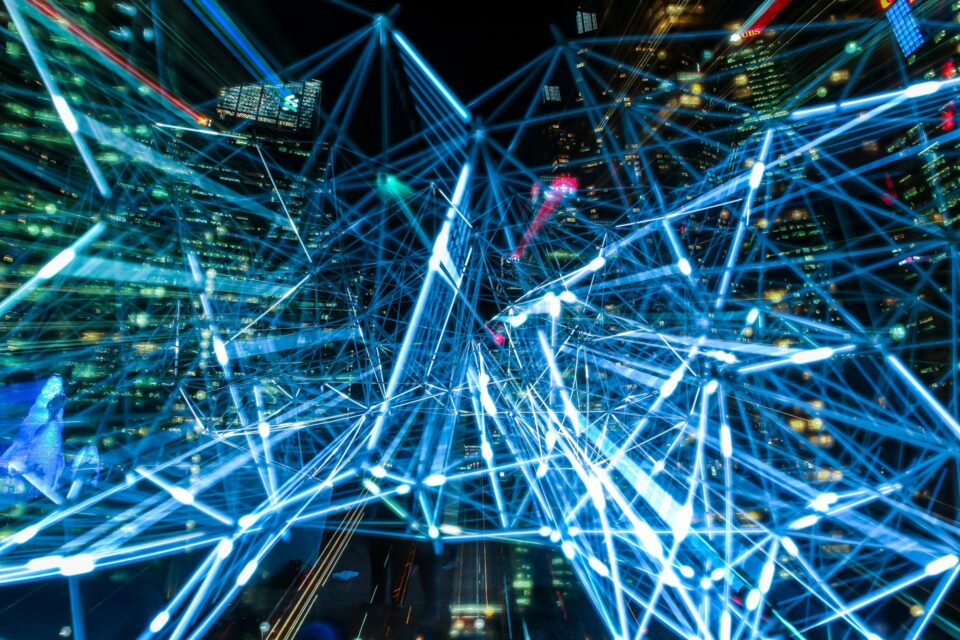What is artificial intelligence?
Artificial intelligence, as opposed to natural intelligence produced by animals such as humans, is intelligence demonstrated by robots. Artificial intelligence (AI) is an area of computer science aimed at replicating or simulating human intellect in robots.
Types of AI
- Reactive Machines
- Limited Memory
- Theory of Mind
- Self-Awareness
How AI will change the future?
Artificial intelligence is influencing the future of almost every sector and every person on the planet. Artificial intelligence has acted as the driving force behind developing technologies such as big data, robotics, and the Internet of Things, and it will continue to do so for the foreseeable future.
Why is Artificial Intelligence important?
Because AI is the cornerstone of computer learning, artificial intelligence is very crucial to our future. Computers can harness huge volumes of data and utilize their learned intelligence to make optimal decisions and discoveries in fractions of the time it takes people. Artificial intelligence is being credited with everything from cancer research advances to cutting-edge climate change research.
Also Read : List of Biotech Parks & Incubators in India
AI’s Impacts in all sectors
Modern AI — more specifically, “narrow AI,” which performs objective functions using data-trained models and often falls into the categories of deep learning or machine learning — has already impacted practically every major business. This has been especially true in recent years, as data gathering and analysis have increased dramatically because of improved IoT connection, the proliferation of connected devices, and faster computer processing.
Regardless, the impact of artificial intelligence on our daily lives is difficult to ignore:
- Transportation
Autonomous cars will one day transport us from place to place, despite the fact that perfecting them could take a decade or more.
- Manufacturing
Predictive analytical sensors keep equipment working efficiently, and AI-powered robots work alongside humans to do a restricted range of activities like assembly and stacking.
- Healthcare
Diseases are more quickly and reliably diagnosed, medication discovery is sped up and streamlined, virtual nursing assistants monitor patients, and big data analysis helps to provide a more personalised patient experience in the comparably AI-nascent field of healthcare.
- Education
Early-stage virtual tutors aid human instructors, and facial analysis analyses students’ emotions to help determine who is struggling or bored, and better customise the experience to their unique needs.
- Media
Journalism is utilizing AI as well, and will continue to do so in the future. Bloomberg employs Cyborg technology to assist in the interpretation of complex financial reports. The Associated Press uses Automated Insights’ natural language capabilities to publish 3,700 earnings reports stories per year, approximately four times more than in the past.
- Customer Service
Finally, Google is developing an AI assistant that can make human-like phone calls to schedule appointments at places like your local hair salon. The technology comprehends context and nuance in addition to words.
Impact of AI on society
According to studies, job displacement will disproportionately affect the poorest 90% of the world’s population, particularly the bottom 50% in terms of income and education. ‘How routine is a job?’ is a simple question to ask. And because AI can learn to optimize itself inside the everyday task, this is how probable a job will be replaced by AI. And the more quantitative the work, the more objective it is—sorting items into bins, washing dishes, picking fruits, and taking customer service calls are all programmed, repetitive, and routine jobs. They will be displaced by AI in five, ten, or fifteen years.”
In the warehouses of online giant and AI powerhouse Amazon, which buzz with more than 100,000 robots, picking and packing functions are still performed by humans — but that will change.
Rescuing the workforce by educating
Lee, a well-known scientist and research analyst, emphasised that today’s AI is ineffective in two ways: it lacks originality and has no ability for compassion or love. It’s “a tool to magnify human creativity,” rather than “a instrument to amplify human creativity.” What is his solution? Those who work in jobs that require repetitive or routine tasks must learn new skills to avoid falling behind. Amazon even pays its employees to train for positions at other businesses.
“Investing heavily in education to retrain people for new jobs is one of the absolute criteria for AI to succeed in many domains,” says Klara Nahrstedt, a computer science professor at the University of Illinois and director of the school’s Coordinated Science Laboratory.
“People need to learn programming as if it were a new language,” and they need to do it as soon as possible because it is the future.” If you don’t know how to code, you don’t know how to program, it’s only going to grow more difficult in the future.
Further Readings




